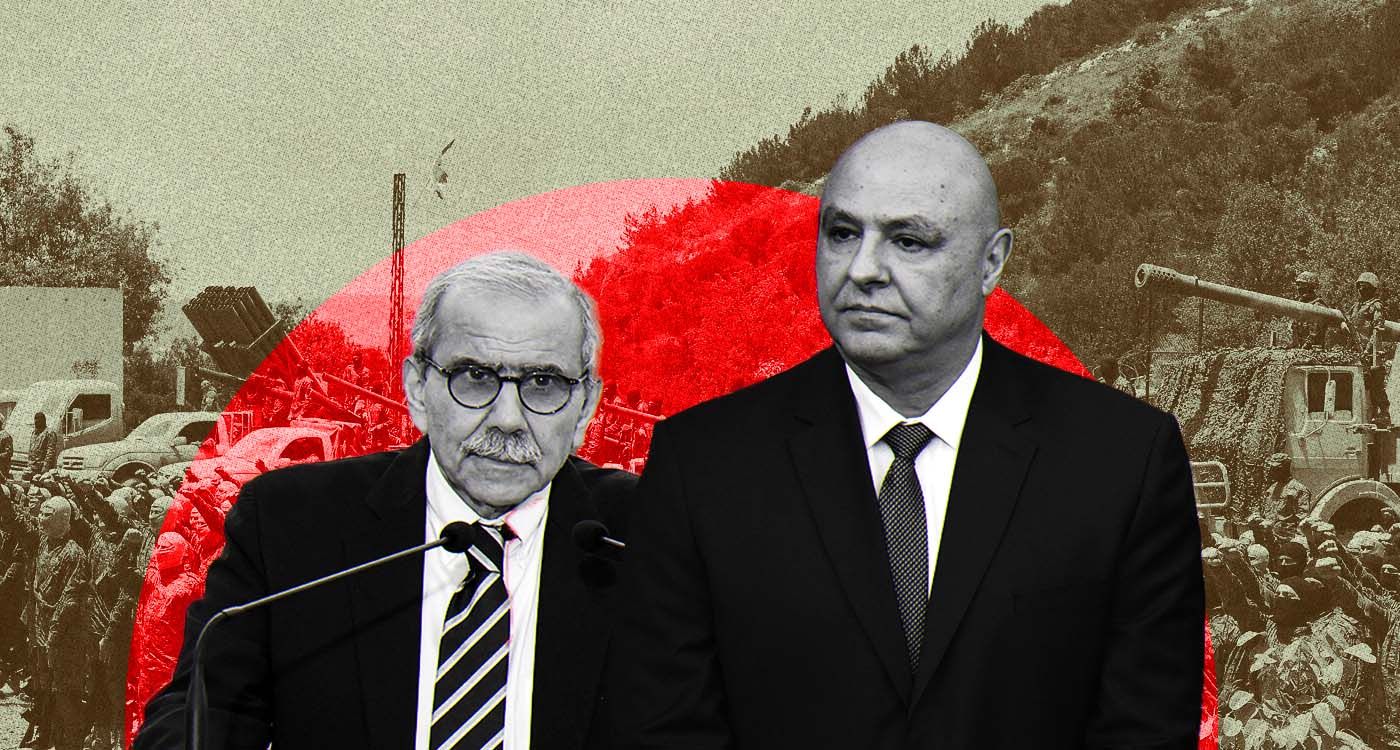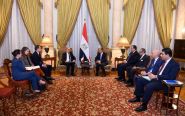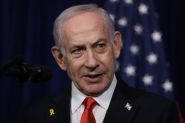
A Western diplomatic source voiced concern over the situation in Lebanon, warning that mounting internal and external pressures on President Joseph Aoun’s term could lead to its failure if the first year does not yield tangible progress on multiple fronts.
The source noted that high expectations surrounded Joseph Aoun’s election as president and Nawaf Salam’s appointment to form a government within a reasonable timeframe. However, challenges persist, and developments have fallen short of expectations. This fueled criticism of both the president and the government, even though they are not responsible for the country’s economic collapse, and they did not negotiate the ceasefire in the south. Rather, they inherited the burdens of its predecessors.
The source added that this only underscores the warning previously issued by French envoy Jean-Yves Le Drian, indicating that Lebanon itself could be at risk of collapse.
The Western diplomatic source emphasized that the government is facing both external pressure from the United States and Israel over Hezbollah's weapons and internal challenges from groups opposing reform. Given the limited timeframe of the current administration and the uncertainty surrounding the upcoming parliamentary elections, the priority remains achieving tangible progress in the first year. The source warned that failing to do so could result in significant political deadlock in the years ahead.
The Western diplomatic source revealed that several countries, including France, are working to convince the United States to reconsider its maximum pressure strategy on Hezbollah’s weapons and allow President Aoun the chance to address the issue. While the Americans are aware of the situation, the source noted, they are ultimately influenced by Israeli concerns and demands. Meanwhile, Hezbollah attempted to shape the ceasefire agreement on its own terms, but the Israeli message was clear: the situation would not mirror the post-2006 war period. Israel remains resolute in its determination to continue targeting Hezbollah and imposing its terms from a position of strength, with the backing of US President Donald Trump.
The Western diplomatic source emphasized that Israel prioritizes its own interests over those of Lebanon. The source further warned that some Lebanese advocating for continued action against Hezbollah must recognize that using force could jeopardize Lebanon’s future. Meanwhile, the Lebanese government must demonstrate a clear commitment to address Hezbollah's weapons, starting with a process that follows the implementation of necessary reforms in April and the completion of municipal elections in May. Additionally, the state must engage in meaningful dialogue with the Shiite community, highlighting that their future is inseparable from the nation’s and that they cannot remain apart from it.




Comments